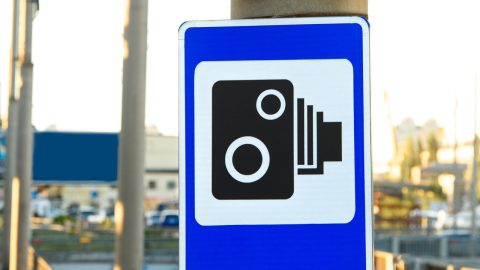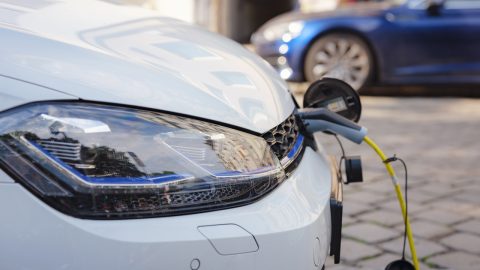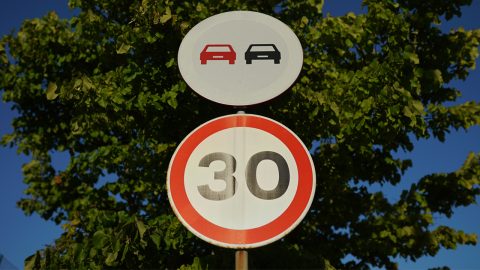As we root ourselves into 2024, the UK is set to embrace a series of transformative driving law changes, poised to redefine the motoring landscape. From the bustling streets of London to the serene roads of Scotland, these modifications aim to foster environmental sustainability, enhance road safety, and smooth the transition towards electric vehicles (EVs). This blog post delves into the forthcoming changes, shedding light on what they entail and the impact they’re expected to have on motorists and the broader community.
The Dawn of the Zero Emission Vehicle (ZEV) Mandate
One of the most significant shifts comes with the introduction of the ZEV mandate. This groundbreaking policy sets forth ambitious targets for the sale of zero-emission vehicles, mandating that 22% of all new cars sold in 2024 must be emission-free. This initiative not only underscores the UK’s commitment to combating climate change but also accelerates the journey towards an electrified future.
Expansion of Low Emission Zones (LEZs)
In a bid to combat urban pollution, Aberdeen, Dundee, and Edinburgh will start enforcing LEZs in mid-2024, with Glasgow expanding its existing zone to include residents. These zones are instrumental in reducing harmful emissions, with non-compliant vehicles facing fines. To ease the transition, grants are available for drivers to switch to cleaner vehicles, highlighting a blend of regulatory measures and incentives aimed at cleaner air.
Anticipated Budget Announcements
The 2024 Spring Budget, eagerly awaited on March 6, is expected to bring clarity on several fronts, including the future of fuel duty. With the current 5p per litre cut slated to end in March 2024, the decisions made could significantly impact motorists’ wallets, especially in the context of the broader economic landscape.
Innovations in Road Safety and Compliance
The upcoming year also promises advancements in road safety and compliance measures. Changes to the DVSA eyesight test aim to introduce more flexibility, accommodating different levels of light and enhancing the test’s inclusivity. Moreover, the introduction of new safety rules for HGVs in London, requiring a safety permit based on visibility standards, marks a significant step towards safeguarding vulnerable road users.
E-scooters: Rolling Towards Regulation
The evolving landscape of urban mobility sees e-scooters in a pivotal phase, with trials set to conclude in May 2024. These trials, extended due to their popularity, are crucial in shaping the regulatory framework for e-scooters, balancing innovation with safety and public space management.
Strengthening MOT Integrity
In a move to clamp down on MOT fraud, new rules will mandate the capture of photographs at garages during tests. This measure aims to enhance the integrity of the MOT process, ensuring that vehicles meet the requisite safety and environmental standards.
Embracing New Number Plates
As part of an ongoing tradition, 2024 will see the rollout of new number plate identifiers in March and September, symbolising a fresh start for new car registrations and contributing to the vibrancy of the automotive market.
The driving law changes set for 2024 are poised to significantly impact UK motorists, heralding a new era of environmental consciousness, safety, and technological adaptation. As these changes unfold, they promise to sculpt a safer, cleaner, and more sustainable motoring environment, aligning with broader societal shifts towards green living and digital innovation. As we gear up for these changes, staying informed and adaptive will be key to navigating the new roads that lie ahead.









